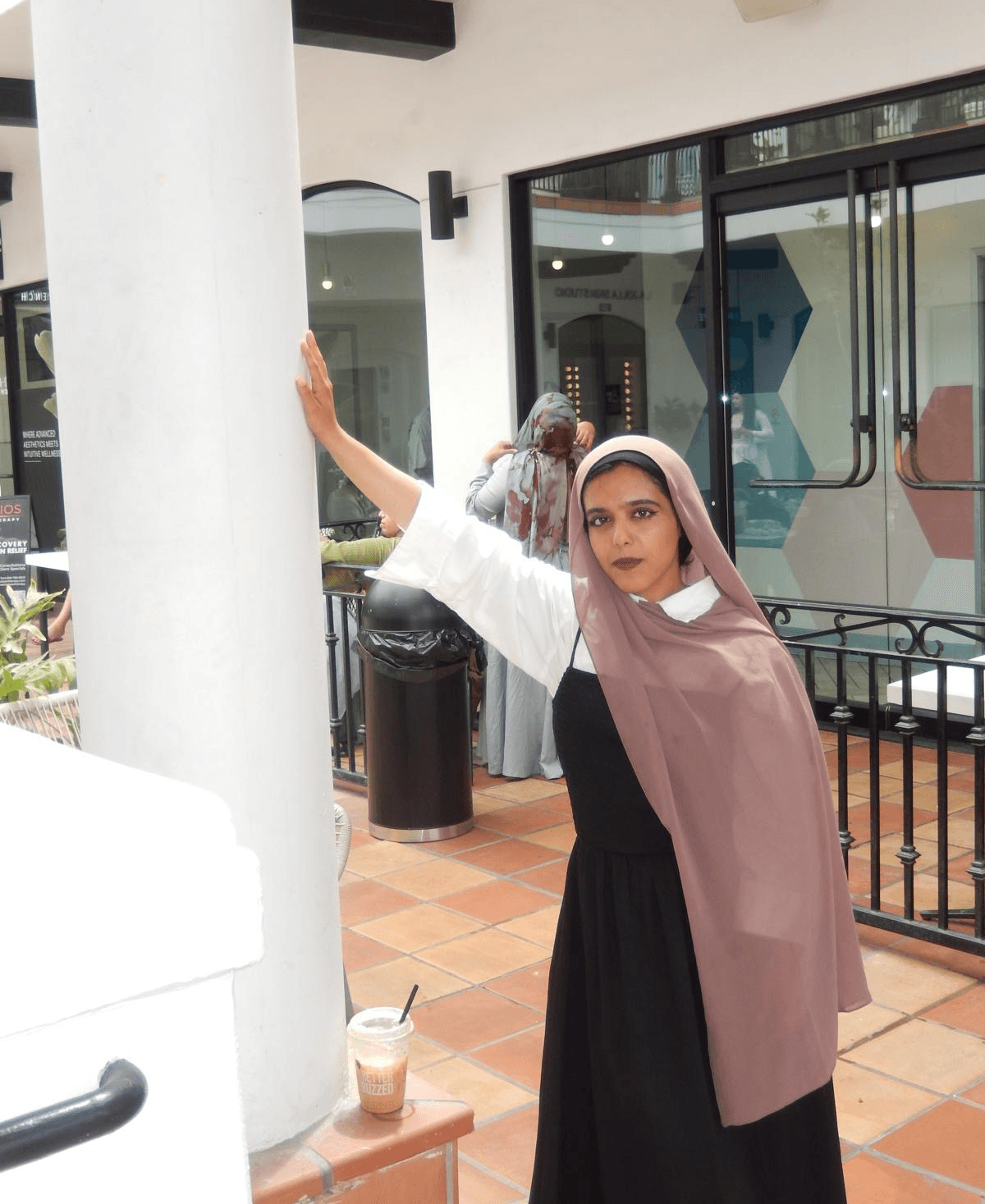We were lucky to catch up with Manal Elmaliki recently and have shared our conversation below.
Manal, looking forward to hearing all of your stories today. So, folks often look at a successful business and think it became a success overnight – but that often obscures all the nitty, gritty details of everything that went into the growth phase of your business. We’d love to hear about your scaling story and how you scaled up?
People often think success happens overnight, but the truth is it’s usually slow and full of trial and error. Success is often seen as higher pay or external recognition, but to me, the biggest success is growth — it was sharpening my skills, and discovering my strengths through my weaknesses.
When I 1st joined Turning Point for women and families, I had never heard of them and it was when I did outreach I discovered it was definitely not well known in the Muslim community and south asian and arab diaspora, despite us being the 1st organization to help muslim women facing domestic violence as well as educating muslim communities on domestic violence and bringing information to light.
One of the biggest challenges I faced while working here for 2 years was attendance being low and us being relatively unknown. I saw so much potential with the youth program. I ran the youth program, and I loved it — working with young Muslim girls, hearing their dreams, and learning what they needed. I quickly noticed they struggled with things like public speaking, job applications, and applying to internships. So, I created workshops to help them build those skills — and that’s when real change started happening.
At first, only 2 or 3 girls would attend our events. It was discouraging but I paid close attention to what worked, what didn’t, and what really connected with them. I learned that building trust was key — youth need to feel comfortable, safe, and seen. Familiarity was also key — speaking their language, including pop culture references was equally important. I found ways to make our programs feel familiar and engaging, even pulling ideas from companies that market to teens. While that approach sometimes felt superficial and hallow, I reminded myself that the mission was authentic and my efforts were genuine- providing free resources to empower young women.
One of the biggest turning points was creating Youth Ambassador positions for our summer summit. These girls helped plan the summit and did both digital and in-person outreach. They gained real-world experience while learning how to communicate with others, market events, and build confidence. Some even said they had a newfound respect for people doing outreach — because it’s not just about passing out flyers, it’s about strategy and connection. Whether they got someone to RSVP or not, they learned that rejection wasn’t the end but the beginning, and they understood it was part of the process.
And I was learning, too. Every week brought new challenges. Some workshops had 20+ girls, others just 5. I was running the program by myself — doing outreach, planning, and follow-up — and often didn’t feel appreciated. The pressure from management, who wanted big numbers but didn’t understand our limitations, made it hard to enjoy my own events. That’s the part the media never shows: the anxiety before every event, wondering if anyone will show up. The exhaustion of doing it all alone. The pressure to deliver without the support you need.
Eventually, I paused events and focused on smaller workshops and starting a club with consistent weekly meetings. I also started reaching out to schools and other nonprofits to help share our programming. That shift made a huge difference. We reached more students and built real partnerships that lasted. I realized that growth doesn’t always mean bigger events or larger turn-out — it can mean more impact with fewer resources.
One of the most meaningful moments for me was when a youth member told me she wished she had joined the program earlier and she had felt more confident and driven. That stayed with me, because I had once been that girl. In high school, I wasn’t shy, but I didn’t have the confidence to speak up. I didn’t get it until college, during my first internship. It felt powerful to give younger girls something I never had.
What started with just a few attendees each week turned into a consistent, growing group of 10–15. I laid the foundation for the youth program, and I hope whoever runs it next continues building it up — offering both resources and a safe space for girls who need it.
If there’s one thing I’ve learned about scaling, it’s that it’s not about luck or instant success. It’s about listening, adapting, failing, reflecting, and trying again. It’s also about leadership — making your team feel supported, not judged. Your staff are the backbone of your organization. If you want to grow, you need to grow together — with appreciation, collaboration, and purpose.
We often attend events and never think about what went into making it all happen — the late nights, the planning, the uncertainty. That’s the real story. Without us — the planners, the leaders, the educators — none of it would be possible. That’s the part of the story that doesn’t get told often but it’s the part that matters most.
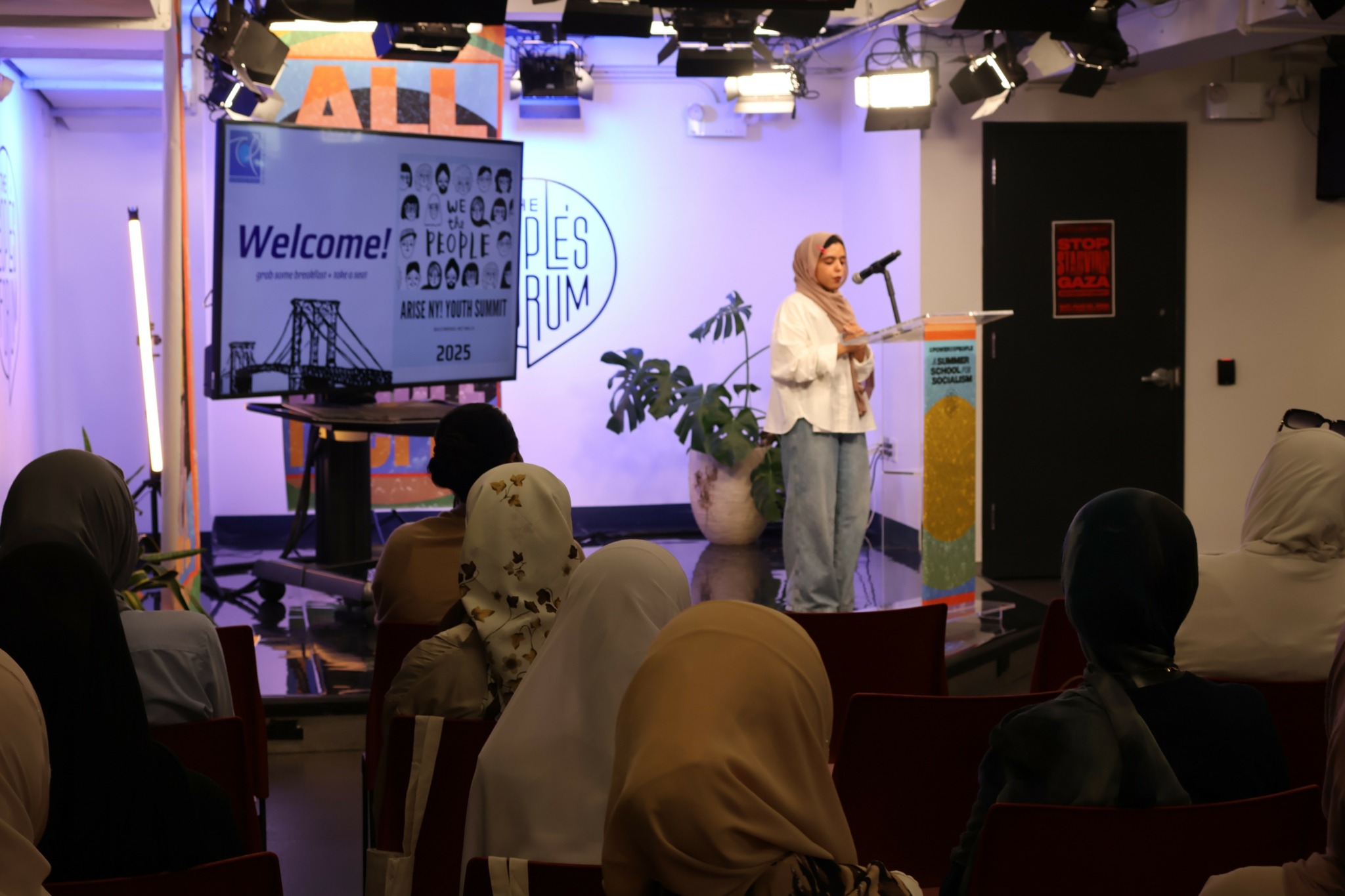
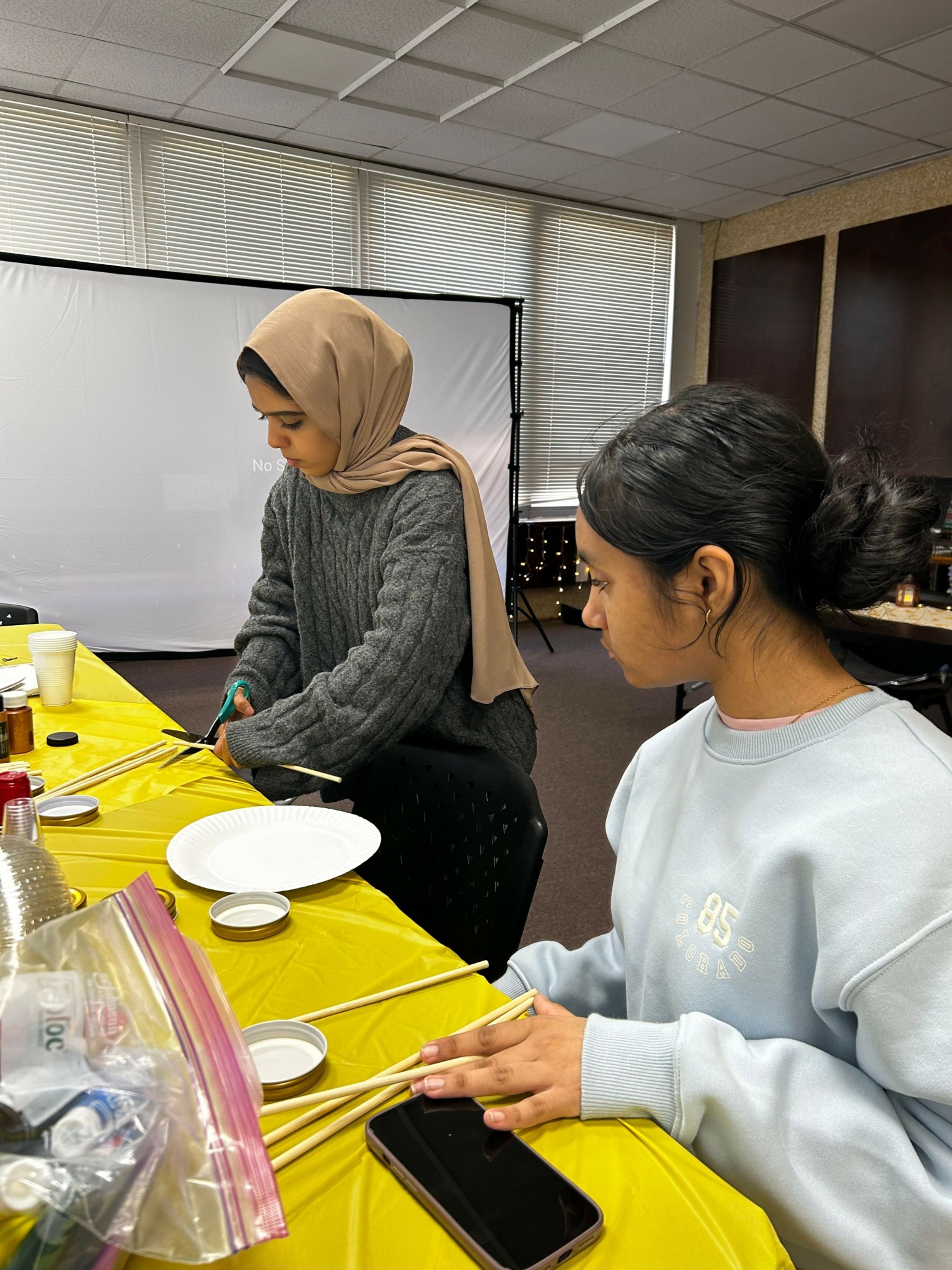
Manal, love having you share your insights with us. Before we ask you more questions, maybe you can take a moment to introduce yourself to our readers who might have missed our earlier conversations?
My name is Manal, and an interesting fact about me is that I studied English and Middle Eastern Studies in college. At the time, I had hoped to work in the Middle East — either as a researcher or in media. I was studying Media Arabic and French when a connection sent me an amazing job opportunity. I looked into the organization and was immediately drawn to their mission. I became passionate about helping the Muslim and South Asian communities, especially after seeing how rarely domestic violence was discussed openly. I knew it existed, but it was such a taboo topic in our culture. It felt like God had different plans for me, and I followed that path.
I started off as an ESL and citizenship program coordinator before transitioning into youth work, which made sense given my background in teaching and tutoring. I got into the nonprofit world because of my passion for helping others — especially women who have limited resources. I know I’ll never fully understand their experiences, but I can do my part to support them. I wanted to help women not only escape abuse but move from being seen as victims to becoming empowered survivors who could rebuild their lives on their own terms.
Working with youth became especially important to me because I believe prevention is key. I wanted to teach young girls — Muslim or not — how to recognize the early signs of unhealthy relationships and how to protect themselves emotionally and physically. I also wanted to help them build life skills, because the job market is competitive, and our girls deserve every opportunity to be prepared and confident in any space they enter.
Our nonprofit provided culturally sensitive services like counseling for survivors, help with police reports, legal referrals, language classes, and workshops on everything from financial literacy to understanding the legal process of divorce in the U.S. We also created events for women and their children to feel safe and connect — like mother-daughter picnics and our Sisters’ Circle.
But what truly set us apart was our programming for youth. I created teen-focused events like potlucks to get girls excited about baking, movie nights, and an exclusive teen girls’ club. It became a safe space where they could build friendships, earn community service hours, and talk openly about topics like family issues, racism, and taboos in our communities. Many of them felt safe enough to open up — and that meant everything.
I’m especially proud of the workshops I ran on resume writing, job readiness, and mock interviews. Over 20 girls attended, and many of them said it was their first time doing anything like that. They gained practical experience that would help them in the real world — and they had fun doing it.
One of my biggest contributions was introducing a Summer Youth Ambassador Program for high schoolers. It was open to both boys and girls and gave them real responsibility: promoting our Empowerment Summit and encouraging other teens to sign up. They learned how nonprofits operate, how to do outreach, and how to communicate with purpose. They practiced digital marketing, persuasive communication, and how to spark genuine interest in our mission.
The youth were incredibly creative in their ideas. They thought outside the box when it came to promoting the summit and connecting with their peers. Even when they got rejected while doing outreach, they kept trying. They learned that rejection wasn’t the end — it was only the beginning, and part of the process. It opened them up to how challenging jobs — and life — can be, giving them an early dosage of the real world. That kind of experience is priceless.
One moment I’ll never forget is when a few youth said, “I didn’t know I had this much confidence in me until now.” That was heartwarming. I found myself wishing I had something like this in high school. This is what really set our organization apart and these are the life skills I believe teens deserve to access much earlier.
As a coordinator with experience running two different programs, another thing that made us unique and set us apart was my decision to offer culture classes to seniors studying English and preparing for their citizenship exams. I wanted to ensure they were not only learning the language and U.S. history, but also becoming immersed in the culture. This felt especially important — not just for helping them appreciate their new environment, but also for giving them access to experiences they may not have had before.
I helped organize a cultural tea event alongside another coordinator, where we invited all of our clients — domestic violence survivors, youth, and seniors — to experience a variety of foods and teas from cultures beyond their own. My goal was to introduce them to new tastes, drinks, places to visit, and new ways of thinking.
Some of them had never even tried a bagel before — and moments like that really stayed with me and resonated with them.
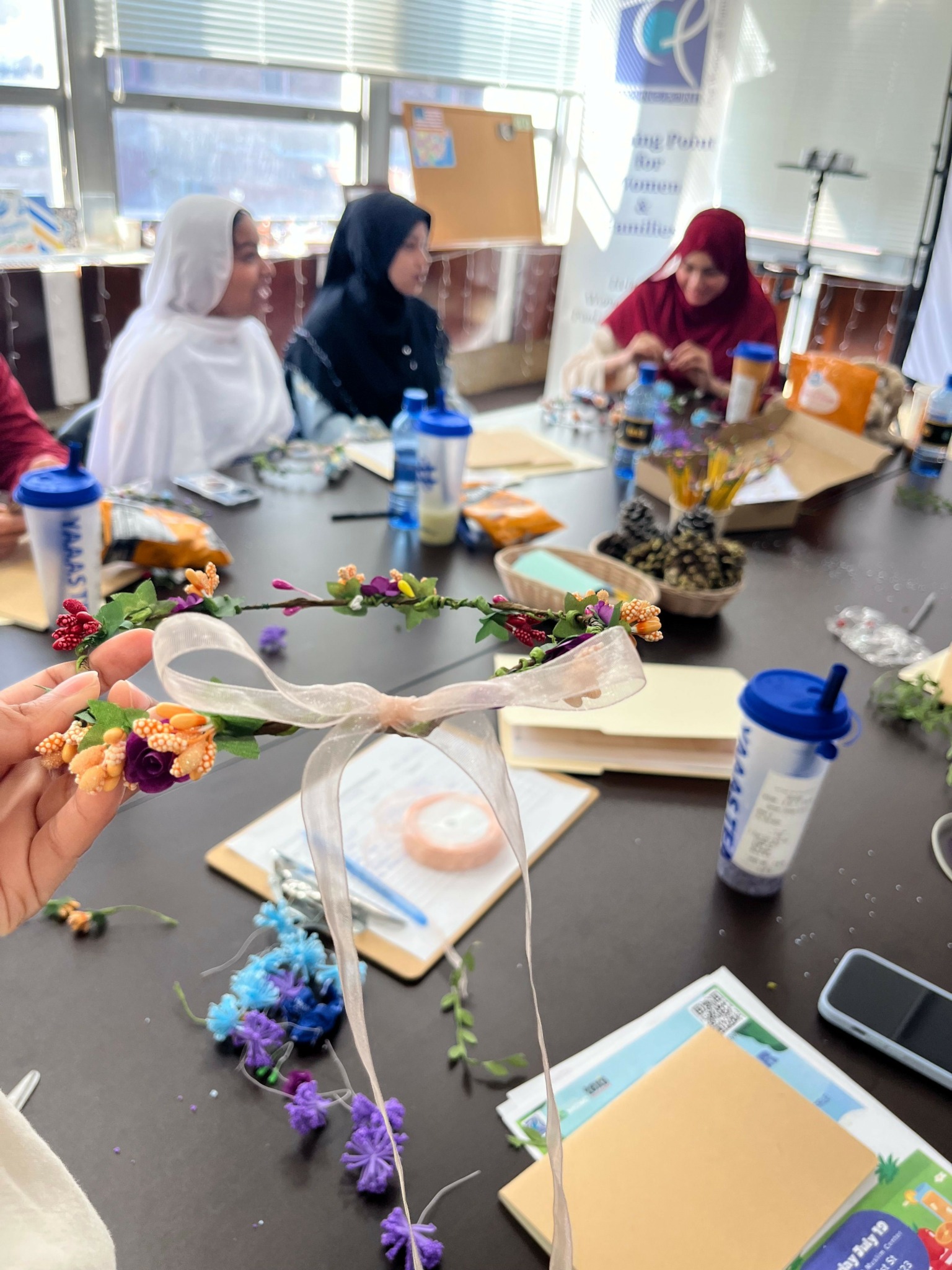
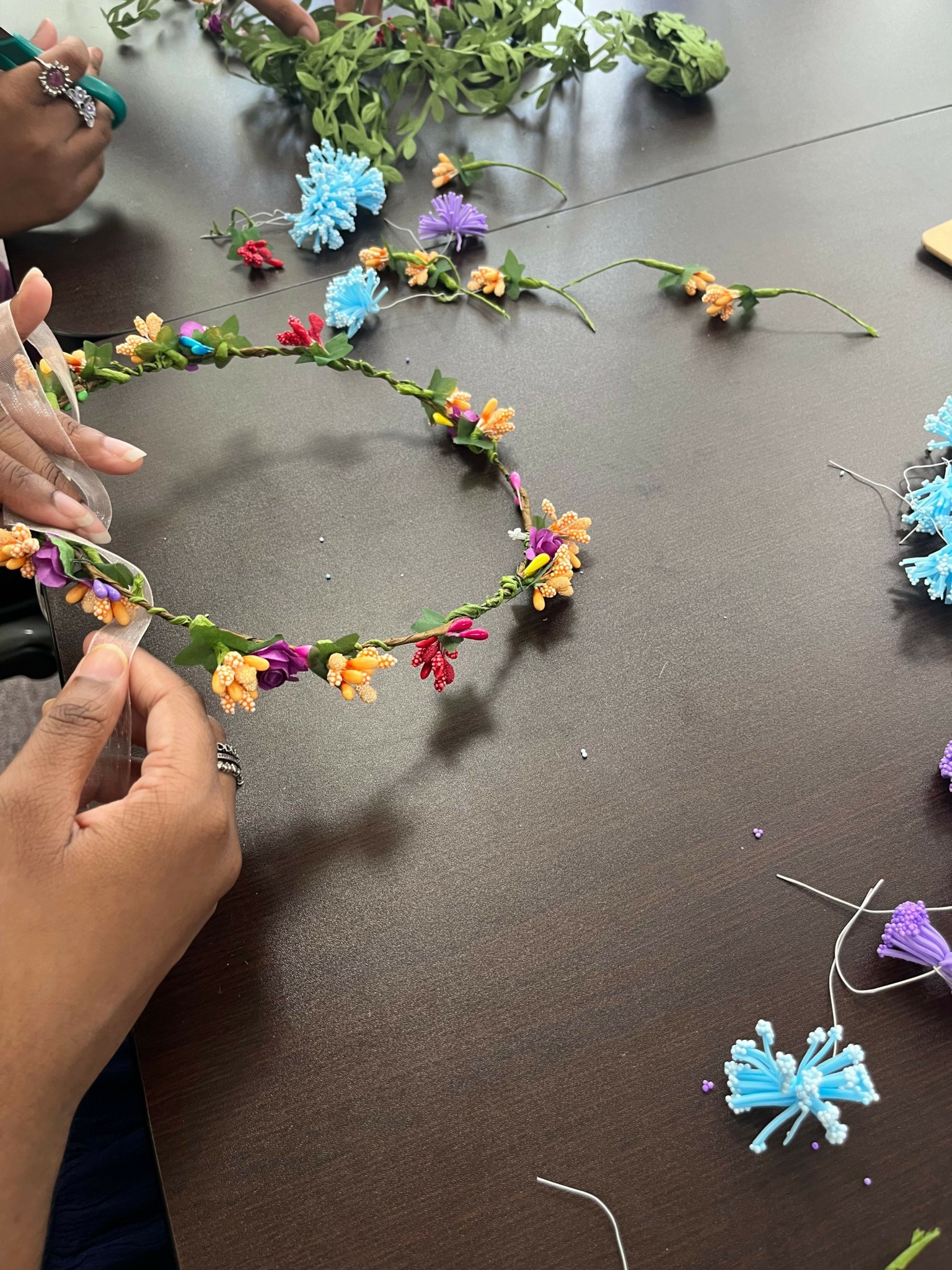
Any advice for growing your clientele? What’s been most effective for you?
The most effective strategy for growing youth members for our club, programs, workshops, or events was getting in touch with other organizations like YAMA, Malikah, AAF, or SAYA, and connecting with youth from different boroughs and neighborhoods. One of the most impactful things I did was build personal connections with both public and private schools.
Some of the schools I connected with were willing to share my workshops, events, and summit flyers directly in their Google Classrooms or email newsletters — which went out to all students. That helped us reach a much broader audience. I had to be really strategic with the wording and messaging — using language that would genuinely resonate with youth. Even though the services were free, I had to find ways to make it more exciting.
It honestly felt like creating an ad. I had to draw their attention by offering something they actually needed — whether that was free community service or volunteer hours, events in a prime location, or even incentives like free MetroCards. A lot of it was trial and error, and I was constantly adapting based on what worked and what didn’t. I also wanted youth to feel like they were part of something exclusive — to make them feel special and seen. One event that really helped grow our clientele was the Crowning Event, where teen girls had the chance to create their own crowns and be anointed as “Queens.” It was a fun and empowering way to get them excited about our newly rebranded club, and many of them invited their friends to join as well.
Growing our clientele also relied on what other team members were doing in terms of outreach. Our individual efforts had to support the larger mission and visibility of the organization, so it was important that everyone was aligned and doing their part to promote our work.
A key part of our growth was building trust with parents. That meant personally calling them, inviting them to the office, or just taking the time to explain our programs. Because our name didn’t always sound obviously Muslim — especially as we were transitioning from Turning Point for Women and Families to possibly Amal — some families were unsure at first. Having them visit the space and meet us in person helped a lot with easing concerns and building that necessary trust within the community.
Another effective strategy for growing our audience, especially as a youth coordinator for a Muslim-based nonprofit, was getting involved in other community events to raise awareness about our organization, its mission, and to highlighting our work. For example, I participated in an interfaith event hosted by the Commission on Human Rights. I really enjoyed helping youth better understand Islam, Islamic traditions, and the history of the Muslim community.
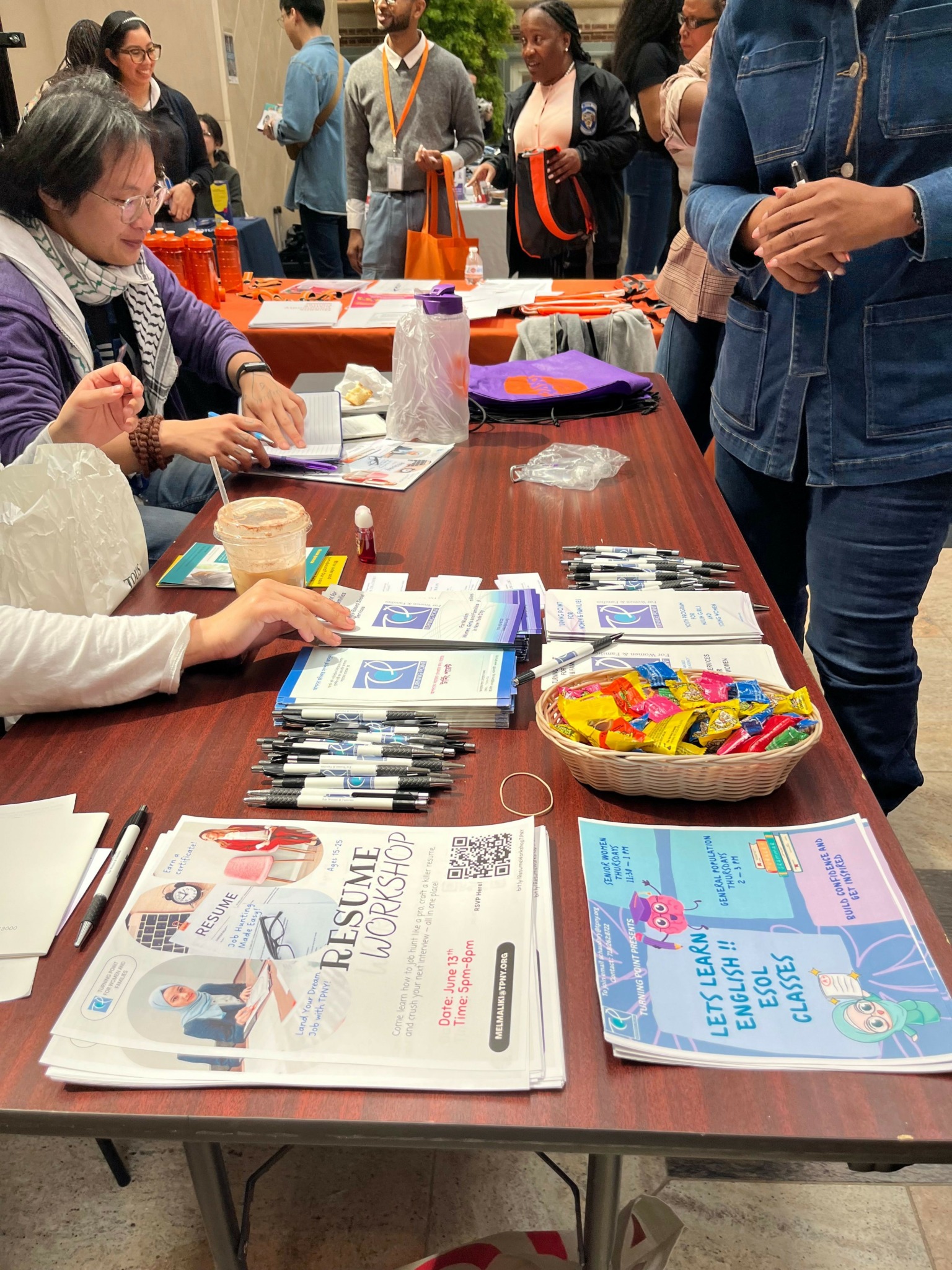
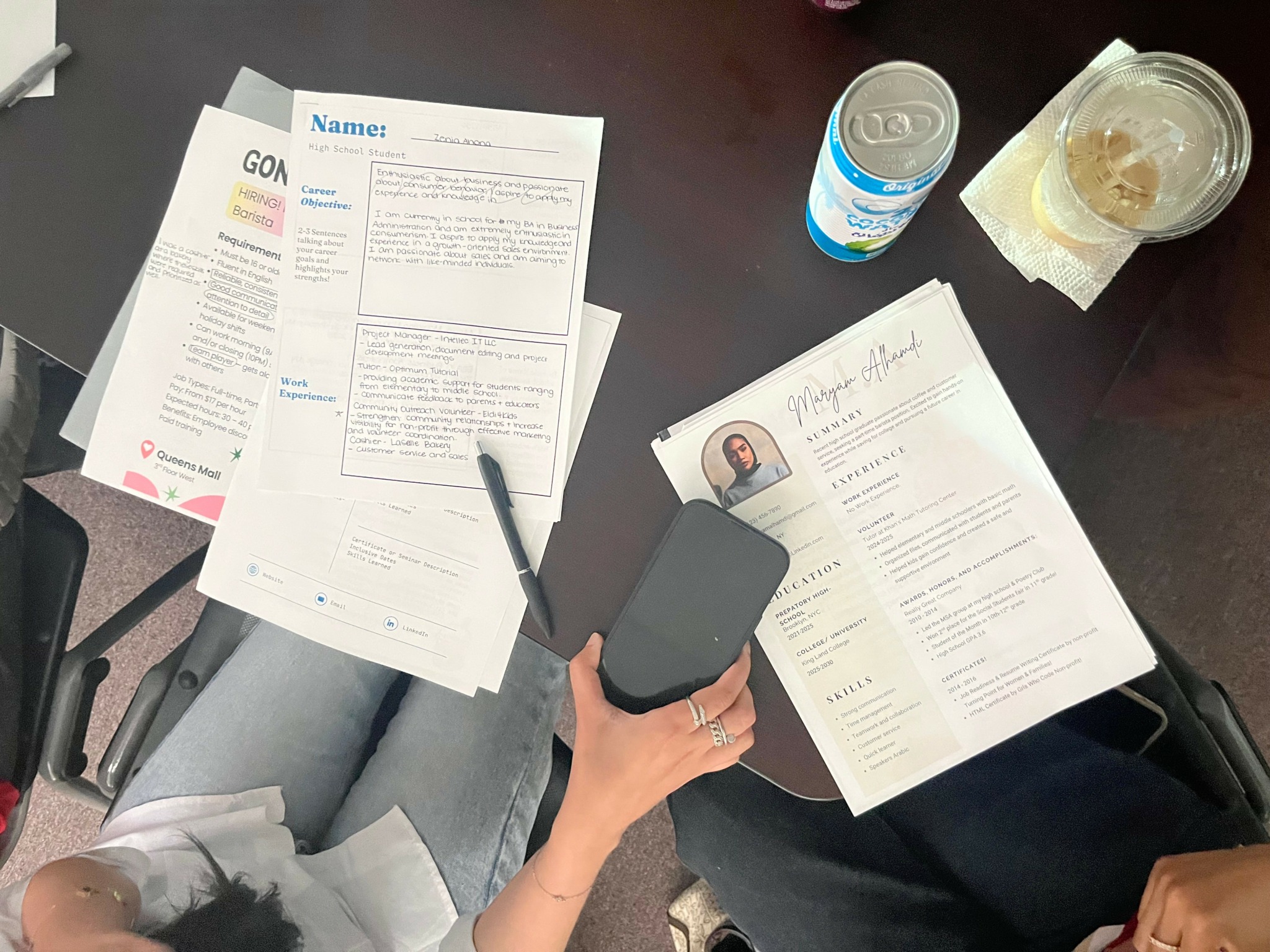
Learning and unlearning are both critical parts of growth – can you share a story of a time when you had to unlearn a lesson?
A lesson I had to unlearn was thinking that numbers didn’t matter in the nonprofit world. I used to believe that since our services were free and we weren’t spending much money, we didn’t need to focus on how many people were attending. I thought the quality of our work spoke for itself — and in many ways, it did.
But that mindset started to shift once I realized how much pressure we were under to secure funding — and how much of that was tied to attendance and metrics. That pressure started to make me lose my original spark and passion. I found myself doing a lot of marketing and even “scheming” a bit just to get more youth involved in our programs. It felt like I was selling something instead of serving — and I began to question myself. I remember thinking, If I’m doing all this marketing anyway, why not do it for a company and get paid more?
That was a tough period. I had to unlearn the idea that numbers didn’t matter — not to sell out, but to understand that reaching more youth required strategy, and that numbers were just one way to measure our impact and keep our programs alive. I had to find a way to keep my passion alive while navigating this reality, and to remind myself of my original goal: to help youth. If reaching them meant adjusting my approach and treating outreach more seriously, then so be it.
This is the kind of harsh reality no one really talks about in nonprofit work — especially when you’re working with underserved communities.
It also wasn’t as simple as telling youth and parents, “This event is free!” I quickly learned that free doesn’t automatically mean accessible or trusted. There was a lot more work involved than I had anticipated.
Much of my youth attendance depended on what others in the nonprofit were doing — particularly how we were perceived by the Muslim community, South Asian and Arab community . I came to realize that parents, especially in our community, are extremely cautious. If they didn’t trust us, they wouldn’t let their teens come, no matter how great or free the event was. And because our program wasn’t affiliated with a school, we stood alone — and that meant I had to work extra hard to build trust, not just with the youth, but with their parents too.
That was the unlearning: understanding that passion isn’t enough. You need strategy, trust, and sometimes numbers to keep that passion alive and make a lasting impact.
Contact Info:

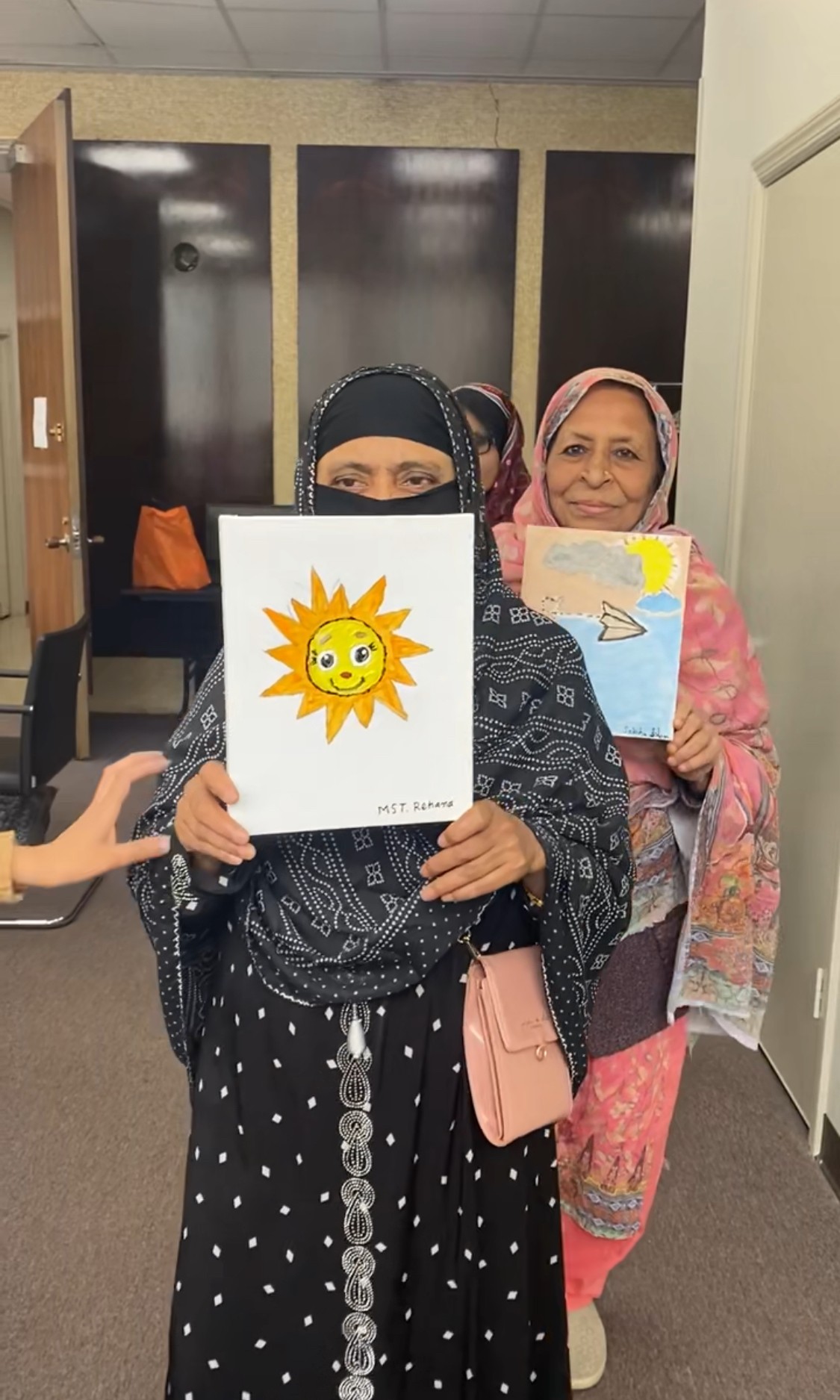
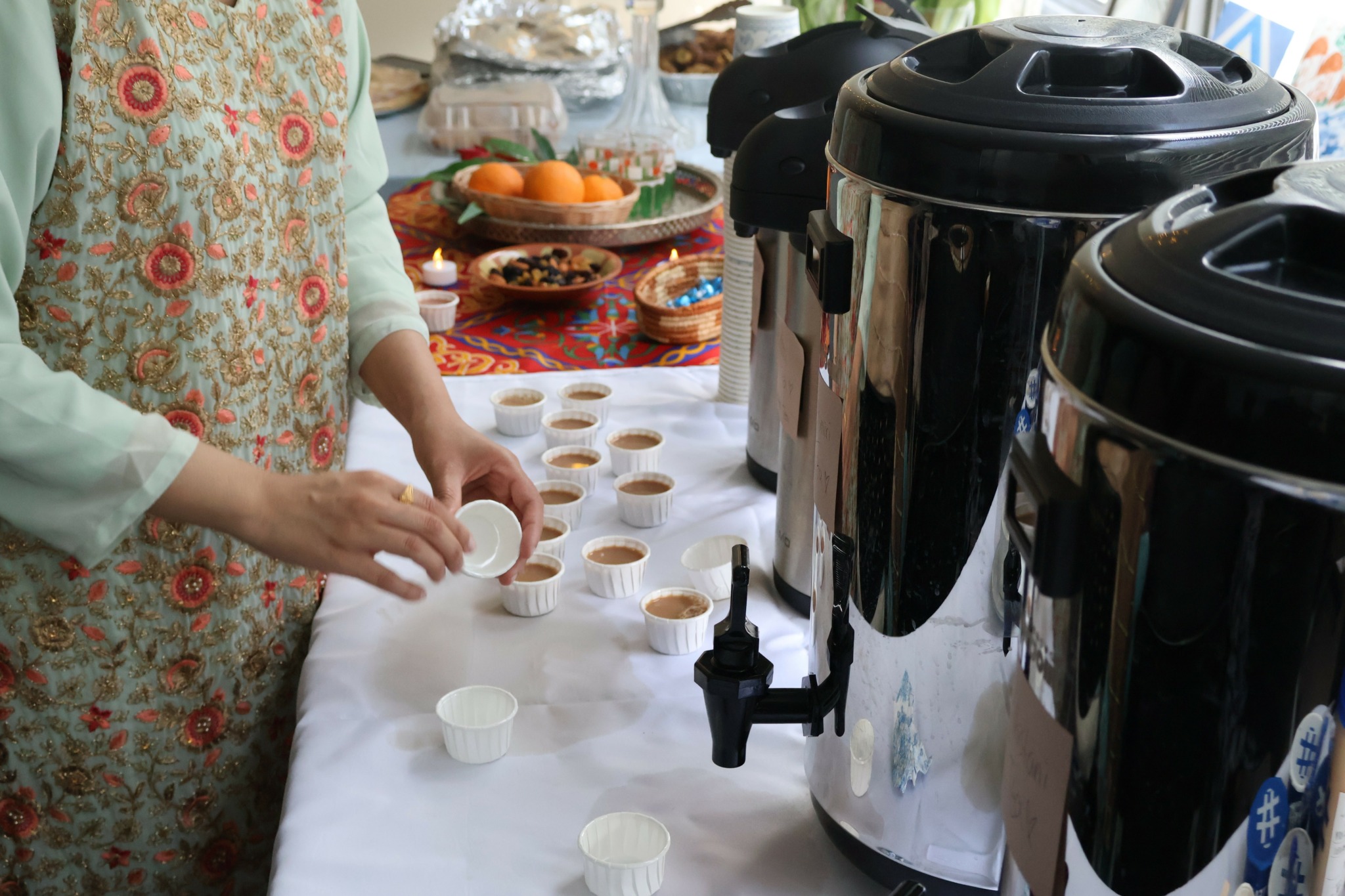
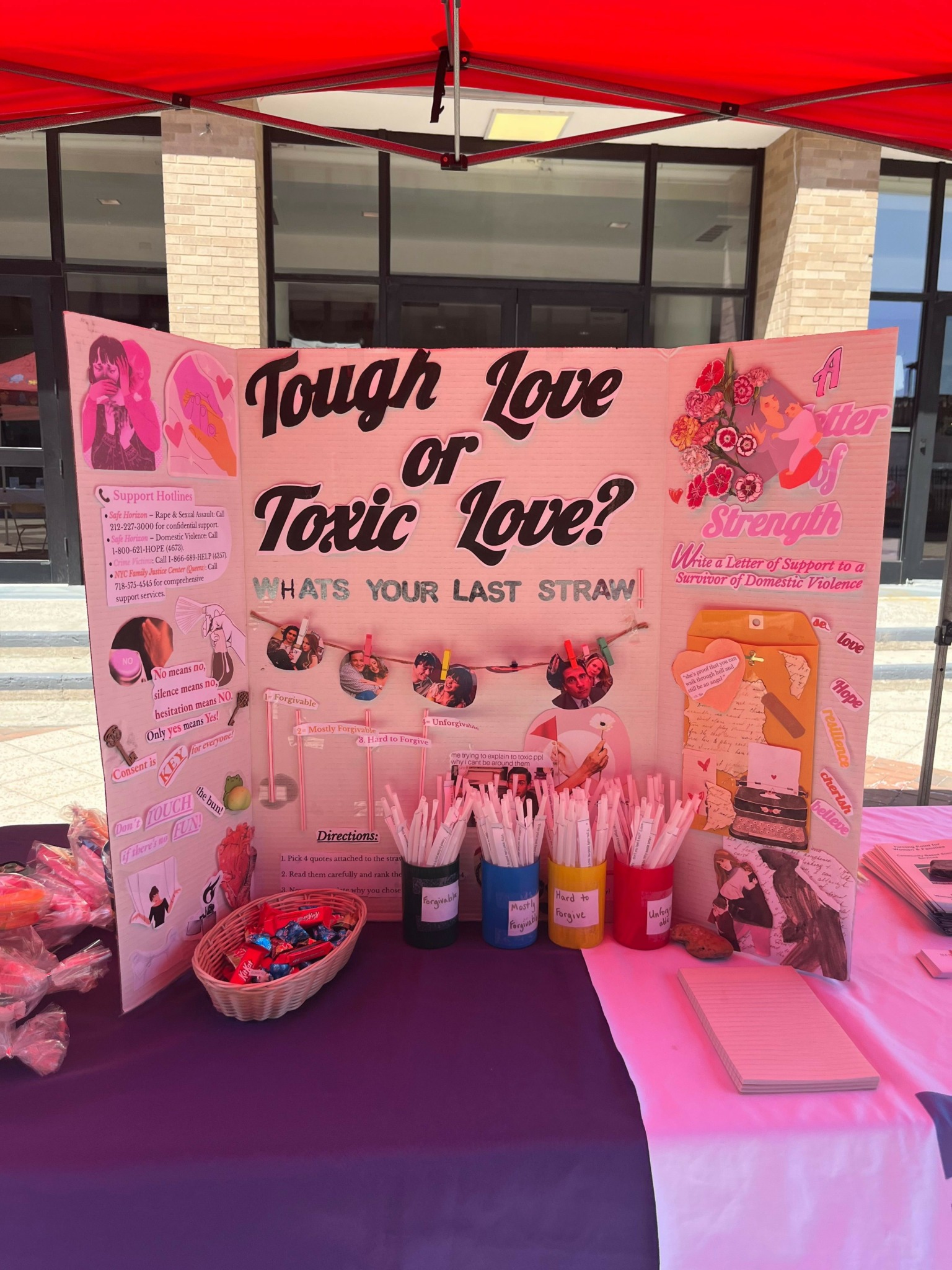
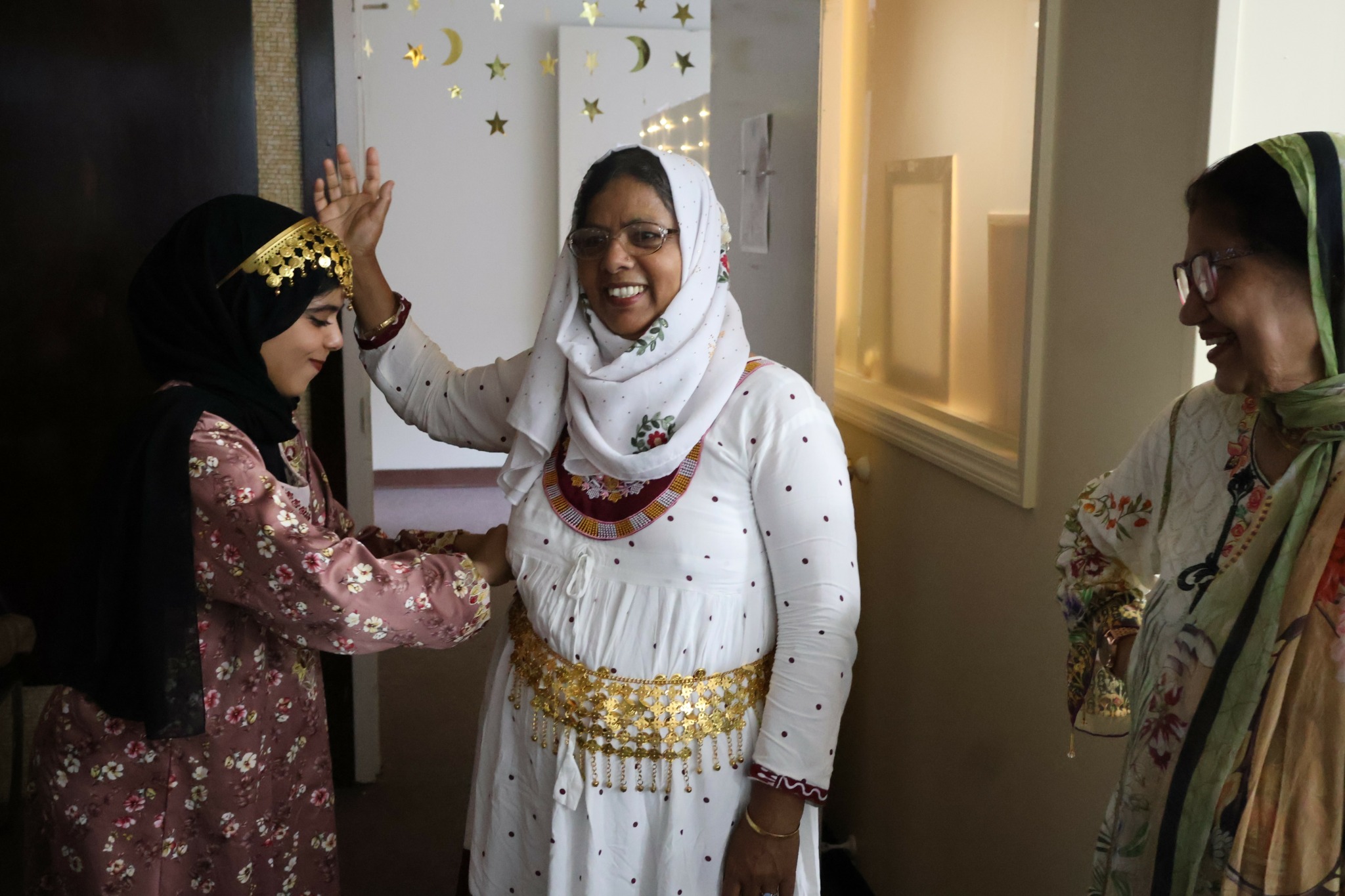
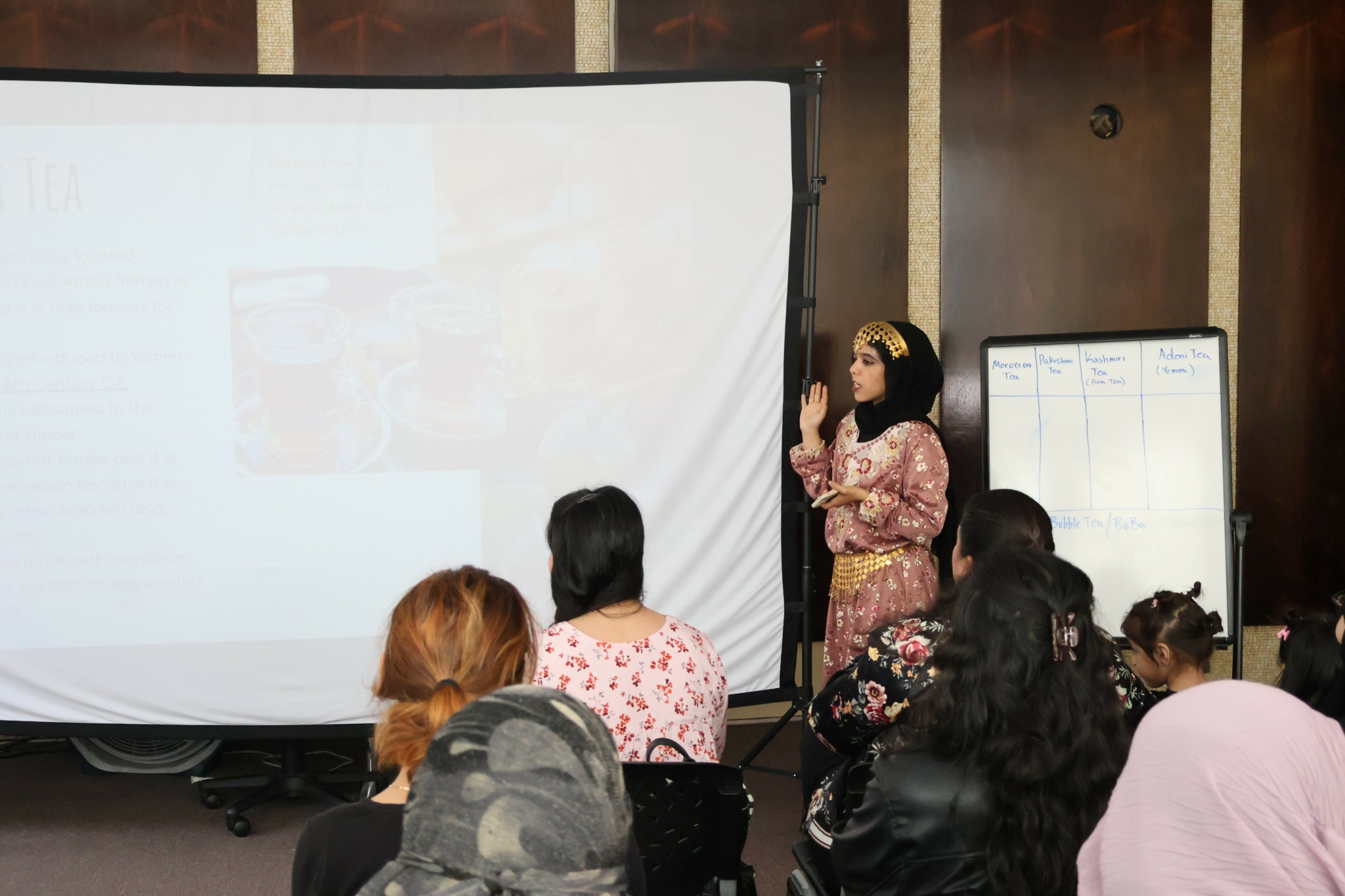
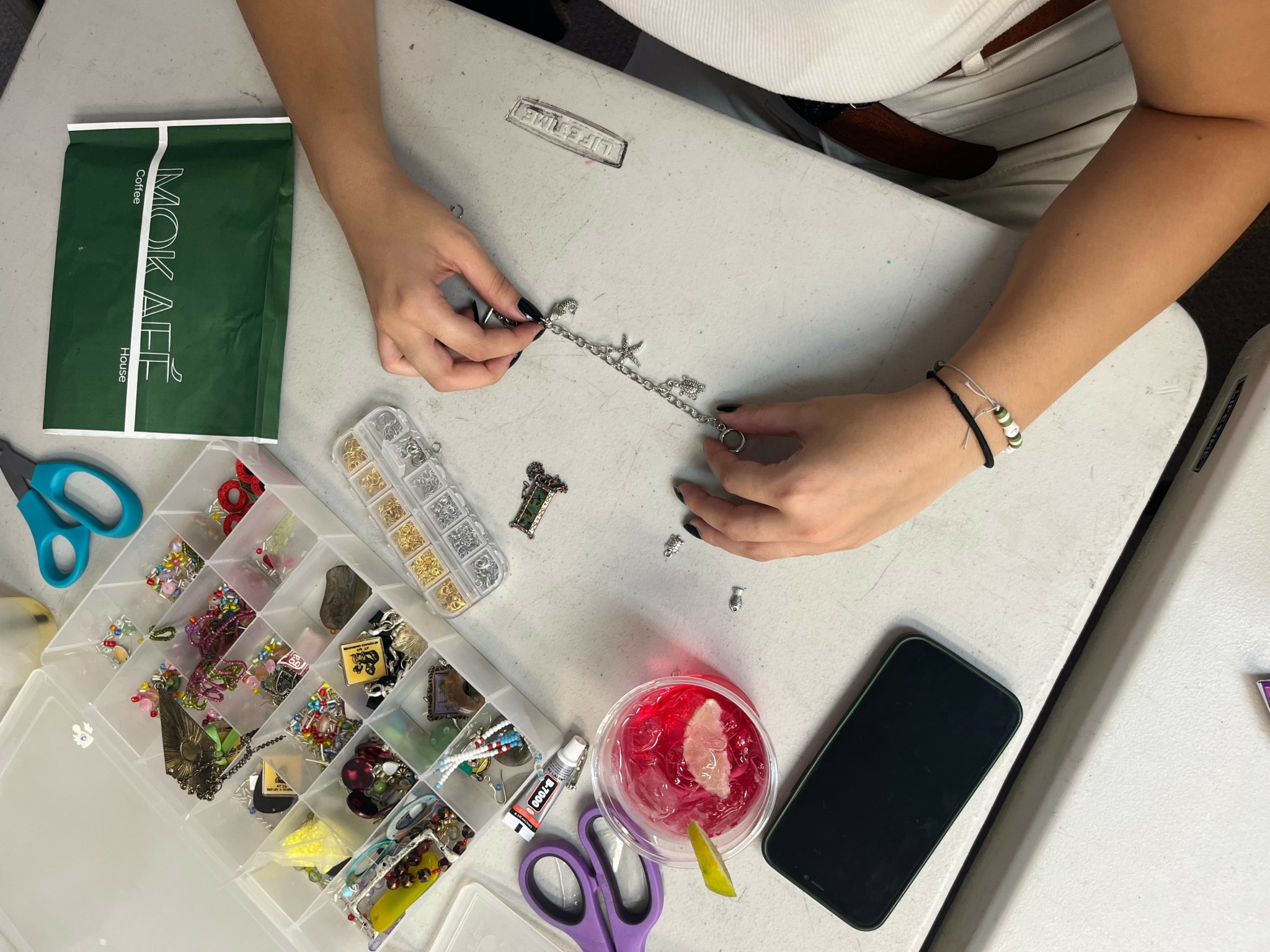
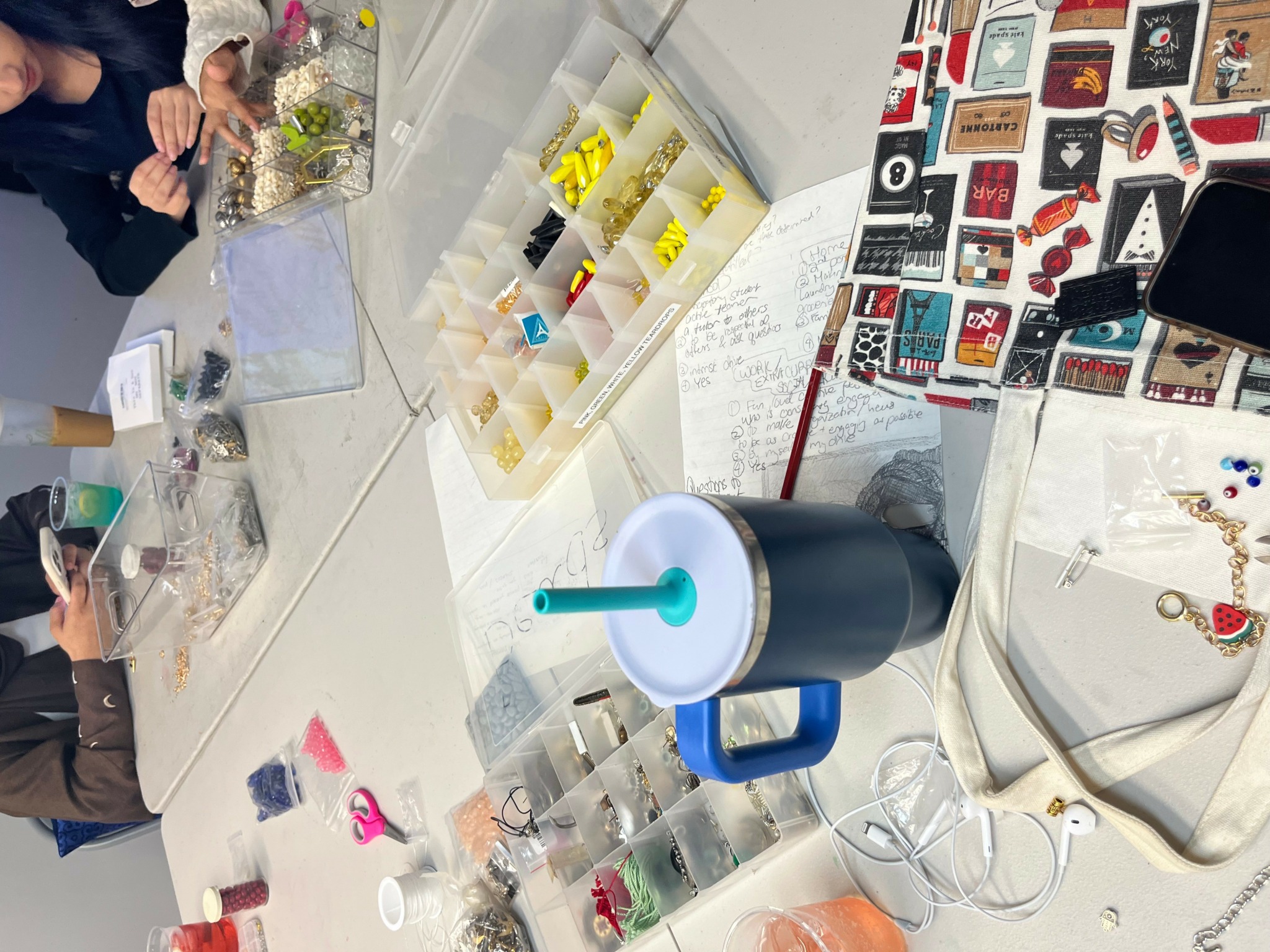
Image Credits
Photos are by Manal Elmaliki, Maria Butt, Zara Rizvi.


